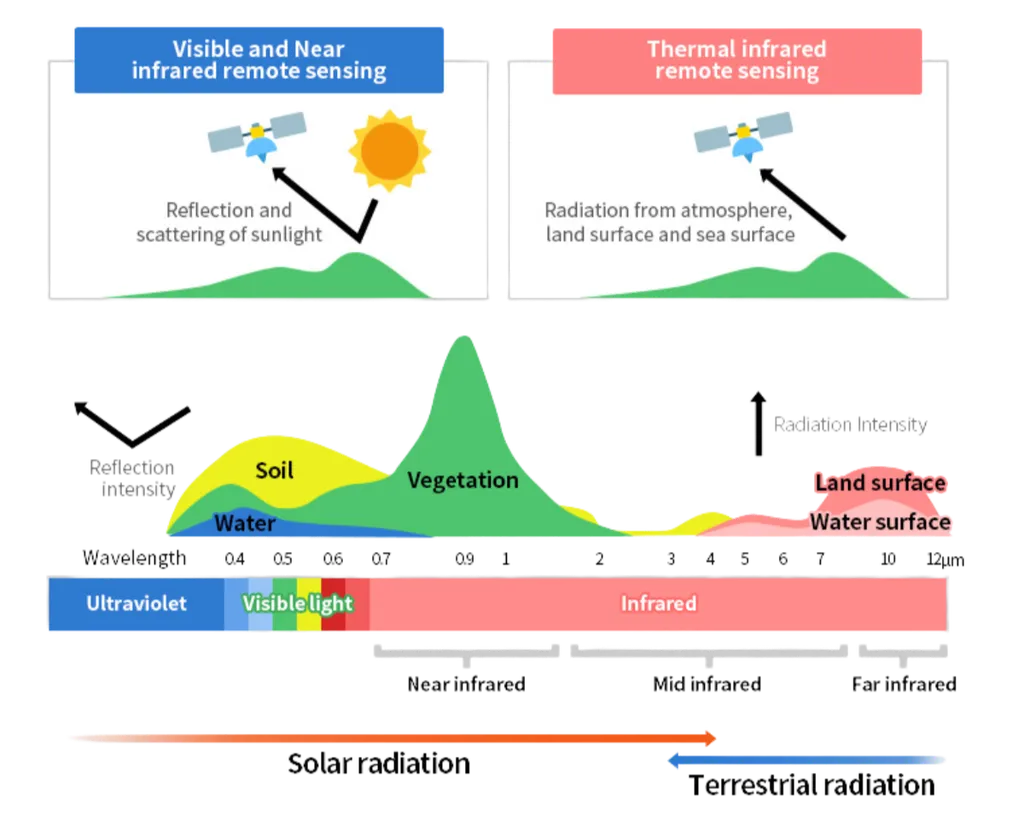In the heart of Colombia, a revolutionary approach to integrating water, energy, and food systems is taking root, promising to reshape how remote communities and sustainable businesses approach resource management. At the forefront of this innovation is Julian Fleischmann, a researcher affiliated with the University of Freiburg, the Reiner Lemoine Institute, and the Cologne Technical University of Applied Sciences. His work, published in the journal Energy Nexus (translated as “Energy Nexus”), introduces the WEFEConfigurator, an open-source software designed to optimize integrated water-energy-food-environment systems (iWEFEs) tailored to local conditions.
The WEFEConfigurator addresses a critical gap in the market: the lack of accessible tools for planning and designing iWEFEs. “The implementation of iWEFEs in remote areas is often hindered by the absence of user-friendly design software,” Fleischmann explains. His software aims to bridge this gap by providing a multi-objective optimization framework that minimizes cost, greenhouse emissions, land requirements, and water scarcity footprint. By inputting local resource data and demand profiles, users can generate system configuration drafts complete with optimized capacities and key performance indicators.
The potential commercial impacts for the energy sector are substantial. For communities, farmers, and project developers, the WEFEConfigurator offers a powerful decision-making tool that can attract financing and streamline the planning process. “The outputs can serve as a sketch for detailed planning, engineering, procurement, and construction of iWEFEs,” Fleischmann notes, highlighting the tool’s practical applications.
The software has already been applied to two Colombian sites: a remote community in Arusí, Choco, and an off-grid hotel focused on sustainable tourism in Maiapo, La Guajira. These case studies demonstrate the tool’s versatility and effectiveness in diverse settings. Fleischmann envisions a future where the WEFEConfigurator enables free and open planning of resource-efficient infrastructure worldwide, contributing to global challenges like climate change, water scarcity, and insufficient supply of basic services.
As the energy sector continues to evolve, the WEFEConfigurator represents a significant step forward in integrating sustainable practices. By providing an open and accessible design tool, Fleischmann’s research has the potential to shape future developments in the field, fostering innovation and collaboration in the pursuit of a more sustainable future.

